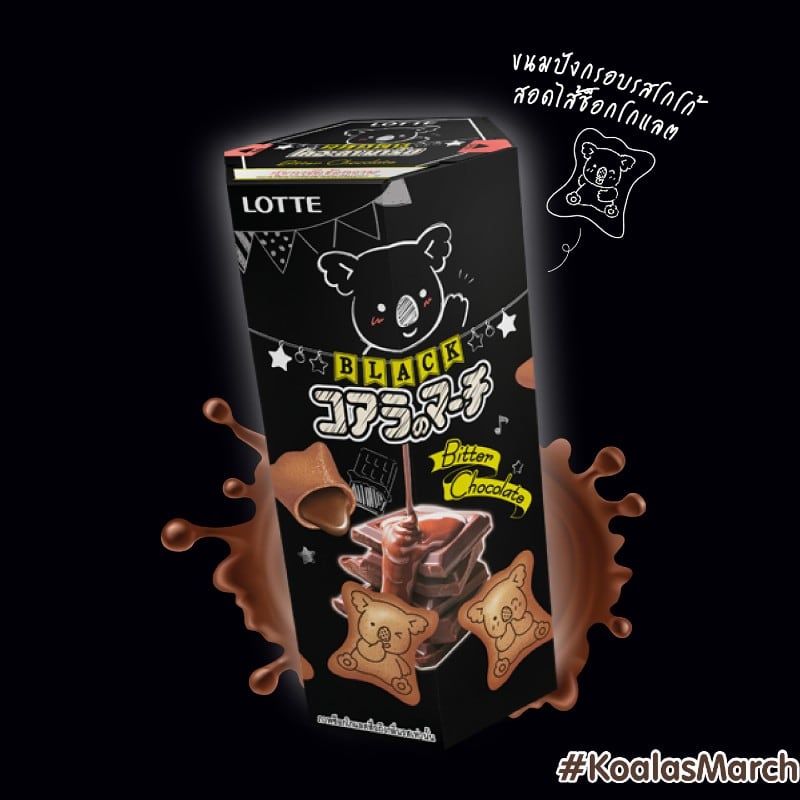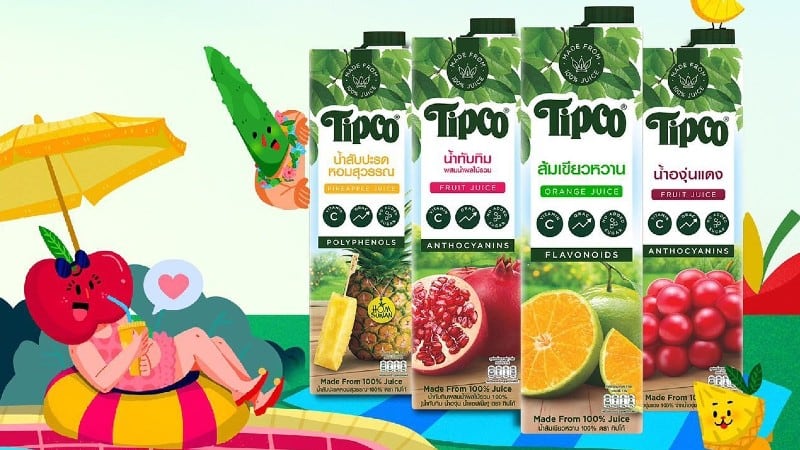Deficiency dilemma: Long-term gluten-free diets for celiac women leads to nutrition shortfall – Study
Women with celiac disease following a strict, long-term gluten-free diet could face major deficiencies in major nutrients, including vitamin D, folate, calcium and iron, according to a new study.
Consequently, their quality of life and nutritional status could be adversely affected, according to new research undertaken on Saudi women.
These findings were highlighted in a cross-sectional study titled “Long-Term Effect of Gluten-Free Diets on Nutritional Status, Body Composition, and Associated Factors in Adult Saudi Females with Celiac Disease” published in the journal Nutrients.
“Currently, the prevalence of celiac disease is rapidly increasing worldwide, as well as in the Arabian region, where the Kingdom of Saudi Arabia (KSA) has the highest rate (3.2%). In addition, clinical reports also show that the prevalence of celiac disease is higher in females as compared to males. Yet, the gluten-free diet intake remains the most available therapy to alleviate intestinal damage and reduce nutrient absorption in those patients.
Go dark or go home: CP Foods cultivated meat partner Future Meat Technologies believes cracking dark meat production is answer to Asian growth
CP Foods’ partner in cultivated meat production Future Meat Technologies (FMT) believes that successfully cracking the code to cultivated dark meat production is the sector’s best solution to conquering Asia Pacific consumers, due to an unusual fascination with these products in this region.
Dark meat refers to cuts of meat that have more myoglobin, a protein that contains iron and gives the meat that darker colour. These cuts are usually muscles that are used more and need more oxygen, hence the need for more iron, such as chicken or turkey drumsticks and thighs.
This is in contrast to chicken or turkey breast meat, which is white meat as it requires less energy – but duck breast on the other hand is dark meat as ducks use these muscles to fly. Dark and white meat also exists in other animals like pigs and fish, but the distinction is most commonly used for poultry.
“In Asia, there is a very strong fascination with dark meat, a fascination that does not exist in other markets such as the United States or Europe, and this is likely linked to a demand for a certain texture and also stronger flavours,” FMT Founder and President Professor Yaakov Nahmias told FoodNavigator-Asia.
COVID-19 contamination: Frozen food can carry virus, claims Chinese public health authority study
Frozen food from meat- and poultry-processing plants or markets can be contaminated with the COVID-19 virus, according to a new paper published by the Chinese Center for Disease Control and Prevention (CCDC).
The CCDC is an independent agency of the National Health Commission, which falls under the Ministry of Agriculture.
These findings were highlighted in a study titled “Surveillance of SARS-CoV-2 Contamination in Frozen Food-Related Samples — China, July 2020 – July 2021” published in the China CDC Weekly.
The scientists collected and analysed over 55 million swabs of imported and domestic cold-chain foods and their outer or inner packaging during slaughter, production and processing, storage, transportation, and retail between July 2020 and July 2021. Environmental samples and human swabs were also collected.
Mighty mushroom: Mycoprotein touted as future of protein due to flavour, nutrition and sustainability credentials
Asia’s first mycoprotein technology firm Mycovation believes that its products are the true future of alternative protein, with the firm touting its flavour, nutrition and sustainability credentials.
Mycovation is based in both Singapore and India, and its business and research model is primarily centred around mycoprotein fermentation from mushroom mycelium to develop this as a viable alternative protein product.
According to the firm’s CEO Shiva Susarla, mycoprotein holds immense potential to emerge as a major player within the alternative protein industry because of its advantages in all the areas that are the most important to consumers, namely flavour, nutrition and sustainability.
“Currently, the entire plant based movement whether in alternative meat or alternative dairy is mainly anchored around three major sources: Pea, soy and wheat protein, and when it comes to using these to make meat or dairy analogues, all of these bring with them significant off notes, plant flavours are very difficult to mask,” Susarla told FoodNavigator-Asia.
No culture or context: Too many plant-based firms ‘overengineering ingredients’ amid aggressive expansion – Dynamic Foodco CEO
Too many plant-based firms are ‘overengineering ingredients’ and ‘forcing solutions’ on investors and consumers, without paying enough attention to Asian culture and context, according to a regional expert in the alternative protein space.
That was the view of the CEO and founder of Singapore-registered plant-based foodtech firm Dynamic Foodco and ex Quorn exec, Dr Andy Kusumo.
He believes too many firms are pushing for consumers to give up meat without ‘thinking out of the box’.
“The trend among consumers is that they are aware of sustainability issues, but they do not want to give up meat. Plant-based firms are jumping too quickly to achieve the end-goal of sustainability without understanding what it takes, like grasping culture and context.





